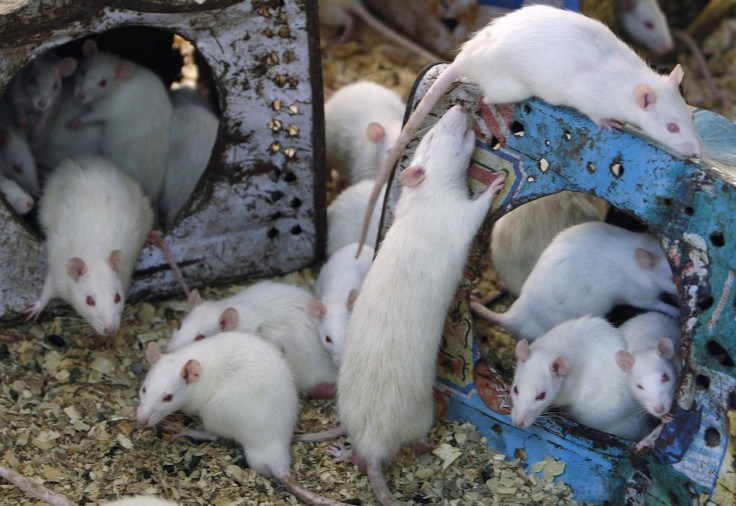Alzheimer's Disease Could be Prevented by 'Waking Up' Protein

A protein involved in waking up from sleep could help prevent Alzheimer's, scientists have discovered.
Links between sleep problems and Alzheimer's disease have become increasingly established over recent years. Previous studies have shown sleep loss results in the growth of brain plaque – a key characteristic in the brains of those who suffer from the disease.
Scientists at Washington University School of Medicine have found that a protein called orexin could be involved in the build-up of brain plaque, therefore could be used to prevent Alzheimer's.
Orexin is made by cells in the hypothalamus and stimulates wakefulness. Scientists found that when they eliminated the protein in mice, the creatures slept for longer and showed slowed production of brain plaques.
Senior author David M Holtzman said: "This indicates we should be looking hard at orexin as a potential target for preventing Alzheimer's disease.

"Blocking orexin to increase sleep in patients with sleep abnormalities, or perhaps even to improve sleep efficiency in healthy people, may be a way to reduce the risk of Alzheimer's. This is important to explore further."
Published in the Journal of Experimental Medicine, researchers genetically engineered mice to develop a build-up of amyloid in the brain (the plaque characteristic of Alzheimer's). When researchers bred mice that lacked the gene for orexin, their offspring slept longer and only developed half as many brain plaques compared with the orexin group.
Findings also showed that when orexin levels were artificially increased in mice – reversing the experiment – they stayed awake longer and developed more Alzheimer's-like plaques.
Plaque levels were unaffected when orexin levels were changed in areas of the brain not involved in sleep.
"The fact that orexin can only affect plaques when it also affects sleep means we will have to think carefully about how to target it for Alzheimer's prevention," Holtzman said. "But the declines in plaque levels that we saw in the mice were very strong, so we're still very interested in exploring its potential for reducing risk."
© Copyright IBTimes 2024. All rights reserved.






